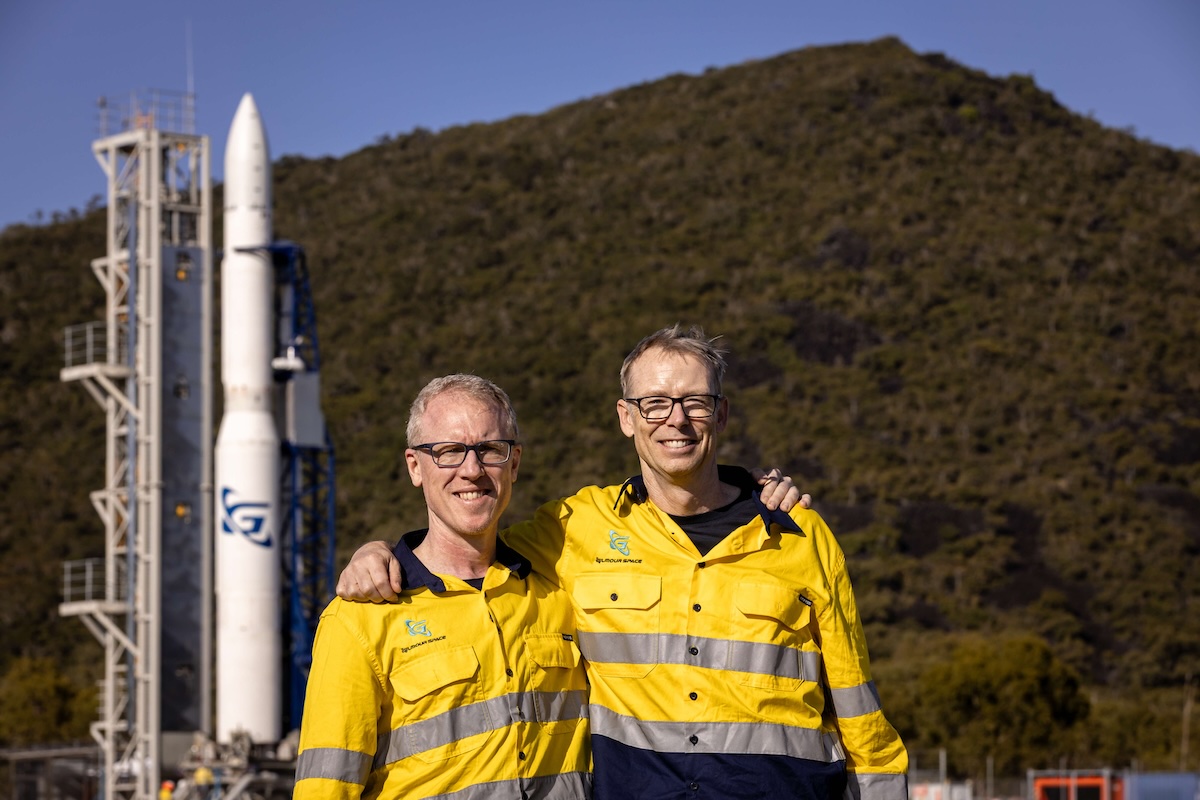
Temporarily Unpopular: Investing Lessons
Invest in unqualified founders, where you know nothing, who are unpopular and where you will be wrong most of the time.
For TEDx Sydney last year, I attempted to distill all my investing lessons into one half joking sentence: invest in unqualified founders, where you know nothing, who are unpopular and where you will be wrong most of the time What does that mean? Read on to find out.
Most of the time, investors speaking at an event or panel will mention the same points: that they’re looking for great proven founders, chasing a big market, etc etc. Instead, I’m hoping to convince you that language doesn’t quite capture what happens in the moment of assessing a startup right at the beginning. That those traditional words reflect history written by the victors, and at the beginning, none of those markers or sense of certainty are present.
Unqualified Founders
Many investors will say that the founders are the most important element in an investment decision. While that is true, there are two big caveats:
- Even though it probably is the most important, it is not wholly sufficient. Unless you have the jackpot of a great founder, great product and great idea all overlapping, you probably shouldn’t invest. So asking yourself the question of which element is the most important is a little bit redundant because all the stars need to align.
- Our traditional way of assessing who is a good founder and who is not is not captured by someone’s resume or years or experience.
If you look at the world’s largest companies and most revered CEOs, they don’t look very qualified at the beginning. They may have just finished university, like Google and Atlassian, or didn’t even finish university, like Microsoft and Facebook.
Most of the wealth in startups has been built by first time founders who have not enjoyed success previously. Looking if someone is a repeat founder is not necessarily a good signal or if they have business experience (most big companies have been built by naive outsiders not clued- in insiders).
So looking at a resume is a bad way to make the assessment. You are better off asking questions about the journey they have had to get to the idea.
Mel from Canva had taught graphic design at university and had built software that allowed high school yearbooks to more easily be put together before starting Canva.
Luke from SafetyCulture had been a workplace safety inspector where lives had been sadly lost before starting SafetyCulture.
The founder’s connection to the problem and in particular, their unique insights are one of the most important elements.
The world is divided into smart people that talk about things and smart people that do things. Do they complain about how little money or how little structure they have? Or do they go and do it?
What has been their velocity of progress over the past few months? This is a better predictor than if they lead a decorated career.
Where You Know Nothing
You might think in something like investing, where you are transferring money to someone else, it is very important that you know everything about the business and market.
But if you think about technology and venture capital, it is about doing something unique and new. On some level you should not know anything because that means the investment has a chance of being truly unique.
If we break it down further, you want to invest in areas where you know nothing but other people don’t know anything either! The most dangerous quadrant is where you know nothing and everyone else knows a lot. Steer well away from that.
But seek out fresh areas. Technology wealth creation takes a very zig zag path through history. Semiconductors led to optical telecom equipment, which led to ecommerce, which led to SaaS, which led to social and mobile.
If you stop at any point to become an expert, you will miss the next wave out the back.
It’s also worth remembering that when you are investing at the very beginning in the seed round, themes are a bad sign. Themes are formed after there is a set of companies that pundits can talk about and give a label to.
You want to invest in Airbnb when there was no category for a company that let a stranger stay on your couch. “Collaborative consumption” and “the on-demand economy” came after Airbnb was successful, not before
The best seed investment decisions at the time looked unpopular.
Airbnb endured many rejections at the beginning.
Canva took nearly 18 months to raise their seed round.
The trap you can fall into because of a high amount of uncertainty is to not trust your independent thought and seek out the social proof of others. But the other people are the same and a circular reference is created whereby everybody is waiting for everybody else.
Don’t look for other people investing in the round, make your own judgement. And when you find out that there were not many others who said yes, don’t be too despaired. Usually the oversubscribed popular rounds of startups tend not to amount to anything. They were too obvious and so they were too popular.
Wrong Investment Decisions
Howard Marks said that to make money in the investment business you need to be right and contrarian. If you are right when everyone else holds the same view, you do win but only a little.
It’s in the cases where you are right but where no one else believed at the time, where the truly generational shifts in wealth happen.
When you look at the world through the lens of whether an idea is unpopular, the key is to identify whether it will be temporarily unpopular or permanently unpopular.
In 2014, the idea of a car driving itself was strange and confronting, but is now on its way to being accepted widely.
The idea of producing meat but not from an animal is currently a strange one but I think in 20 years, we will look back and think the opposite: that the strange idea is that an animal had to suffer for us to eat and we had to use most of the earth’s land and water to raise it.
We also have a need to be right most of the time. We would rather be right 9 times out of 10 and then lose it all when we are wrong on the 10th try, than be wrong 9 times out of 10 and then get paid back 100x on the 10th time.
But this is Venture Capital’s unique feature. Instead of investing all the money up front like in a big acquisition or private equity, you invest a small amount of money first and then invest more and more over time as the company succeeds. Even though you lose money most of the time on a company basis, you can invest much more money into the winning companies, and as a percentage of your total capital the loss rate looks a lot less.
In the end, the winners win so big that the end result doesn’t look diversified at all. This is called the power law, where one company’s value is more than the total value of all the other companies in a portfolio.
Most of all, train your brain to be excited if an idea feels strange and uncomfortable, especially if the product or problem sets off your spidey sense instincts of amazement. Those are the investments that will define you.
This talk was originally presented at TEDx Sydney, November 2020



.webp)

.avif)


.avif)


